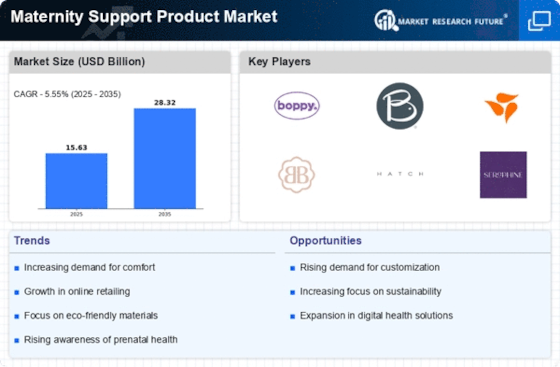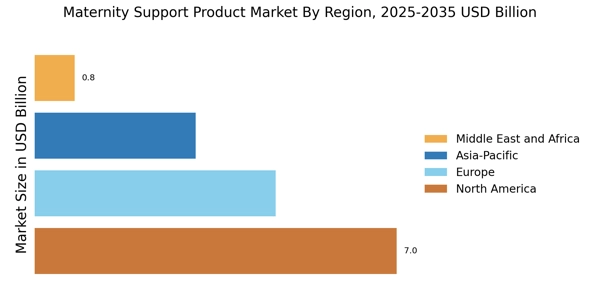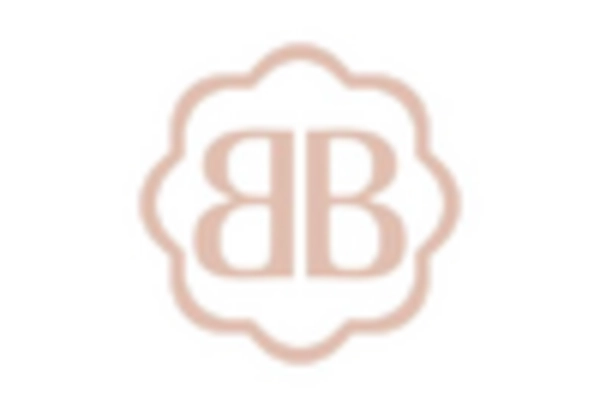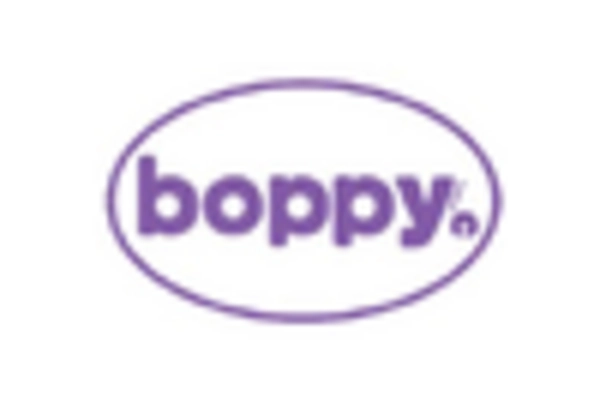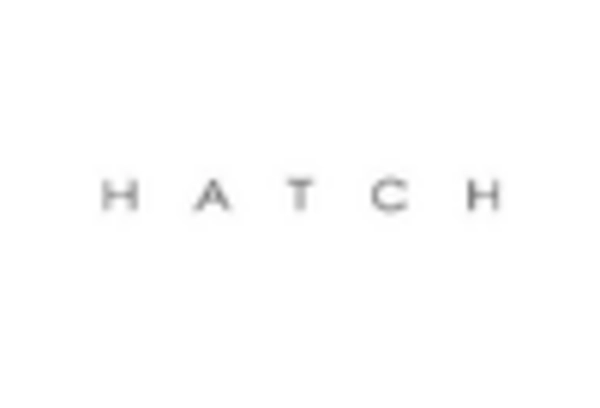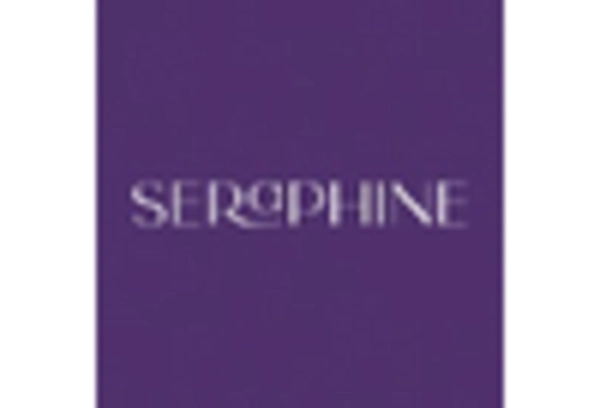Expansion of Retail Channels
The expansion of retail channels is a crucial factor propelling the maternity support product Market. With the proliferation of both physical and online retail platforms, consumers have greater access to a diverse range of maternity support products. This accessibility is particularly beneficial for expectant mothers who may seek specific items to address their unique needs. The rise of e-commerce has also facilitated the growth of niche brands, allowing them to reach a wider audience. As a result, the Maternity Support Product Market is experiencing increased competition and innovation, ultimately benefiting consumers through enhanced product variety and availability.
Focus on Sustainable Products
The growing focus on sustainability is emerging as a significant driver for the Maternity Support Product Market. Consumers are increasingly seeking eco-friendly and ethically produced maternity products, reflecting a broader trend towards environmental consciousness. This shift is prompting manufacturers to adopt sustainable practices, such as using organic materials and reducing waste in production processes. As a result, the market is likely to see a rise in demand for sustainable maternity support items, which could account for a substantial share of overall sales in the coming years. The Maternity Support Product Market is thus adapting to these consumer preferences, fostering a more responsible approach to product development.
Increase in Disposable Income
The increase in disposable income among consumers is a notable driver for the Maternity Support Product Market. As economic conditions improve, more families are willing to invest in high-quality maternity products that promise comfort and support. This trend is particularly evident in emerging markets, where rising incomes are leading to a greater demand for premium maternity support items. The market is projected to expand as consumers prioritize spending on products that enhance their quality of life during pregnancy. Consequently, the Maternity Support Product Market is likely to experience a shift towards more luxurious and effective offerings, appealing to a broader demographic.
Growing Awareness of Maternal Health
The increasing awareness surrounding maternal health is a pivotal driver for the Maternity Support Product Market. As more expectant mothers prioritize their well-being, the demand for products that alleviate discomfort during pregnancy has surged. This heightened focus on maternal health is reflected in the rising sales of maternity support items, which are projected to reach approximately 2 billion USD by 2026. Furthermore, educational campaigns and healthcare initiatives are fostering a culture that encourages women to seek out supportive products, thereby expanding the market. The Maternity Support Product Market is likely to benefit from this trend, as consumers become more informed about the advantages of using specialized support items during pregnancy.
Technological Advancements in Product Design
Technological advancements in product design are significantly influencing the Maternity Support Product Market. Innovations such as 3D printing and smart textiles are enabling manufacturers to create more effective and comfortable support products. For instance, the integration of breathable fabrics and adjustable designs enhances user experience, making these products more appealing to consumers. The market is expected to grow at a compound annual growth rate of around 5% over the next five years, driven by these advancements. As companies invest in research and development, the Maternity Support Product Market is poised to witness a transformation in product offerings, catering to the evolving needs of pregnant women.


